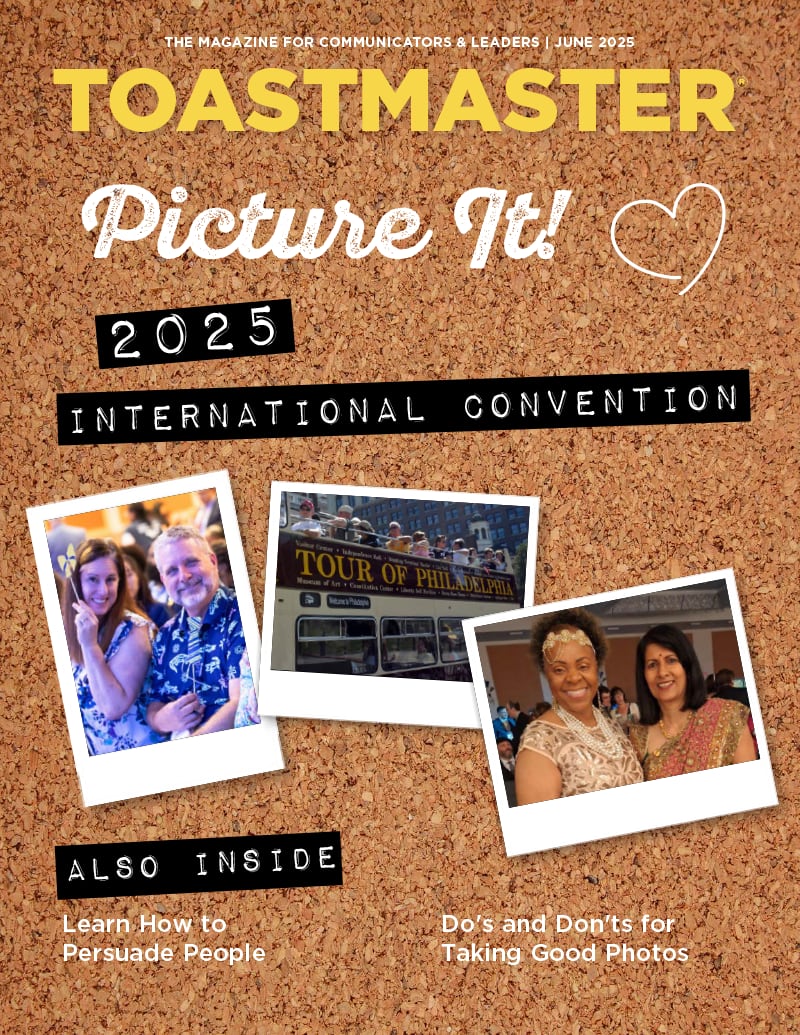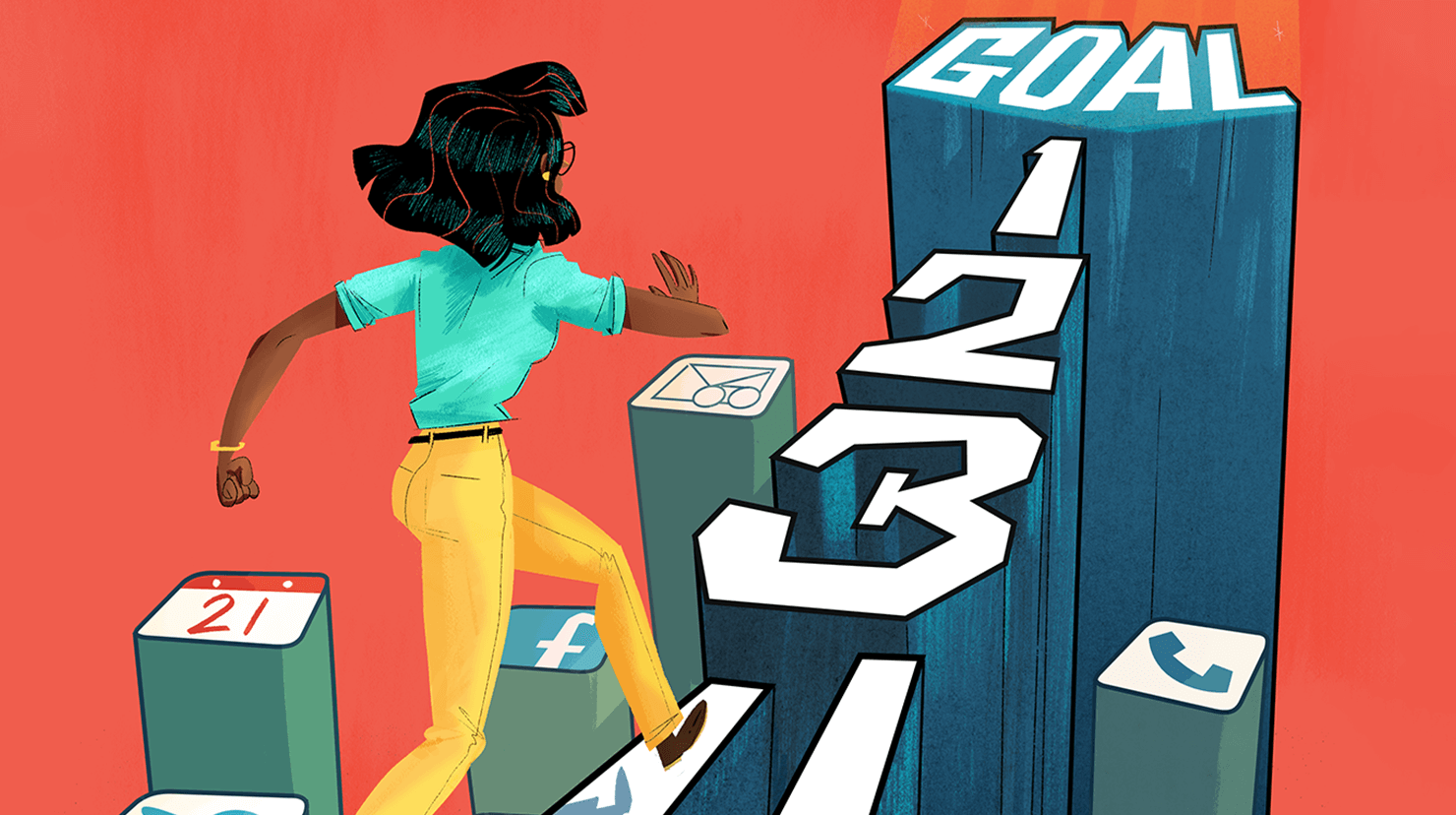
Every day we are constantly making decisions, whether by choice or necessity. Big ones. Small ones. Easy ones. Hard ones. Ones that pertain to you and your life, and decisions involving others and your relationships. Ones we make automatically, and ones made deliberatively and often collaboratively. Research shows the average adult makes approximately 35,000 decisions a day!
Exercising intelligent decision-making moves your life forward in ways big and small. The challenge is to apply appropriate tools and wisdom to make informed decisions for yourself and those in your life. Understanding how the human brain works will help you replace fears, doubts, and indecision with confidence.
How Humans Make Decisions
As humans, we are equipped for decision-making. In Thinking, Fast and Slow, Daniel Kahneman, a Nobel Prize-winning economist, explains the two systems for rational decision-making—fast and slow thinking. Fast thinking is intuitive and driven by your emotions or gut feelings. Many of these decisions are simple, recurring, or routinized choices you make for yourself automatically or subconsciously: how to walk, recognizing someone you know, the direction to drive on your morning commute.
Your slow-thinking system is more deliberative and logical. These decisions are more complex or life-altering: your next career move, where to live, or when to retire. You may use a pro vs. con approach, apply a cost-benefit analysis, review or conduct research, or consult subject-matter experts to make these choices.
Your fast-thinking self relies more on intuition, emotions, and biases; your slow-thinking self weighs experiences, training, data analysis, and other factors. Together, these two systems help you navigate the constant decisions required of you, both in the moment, and with long-term implications. When you sense a big or complex decision ahead, your brain will shift to the more deliberative, rational system for more effective decision-making.
Consider the Greater Good
A tool that retired Navy commander Mary C. Kelly, Ph.D., cites as part of her decision-making process is the concept of K墨n膩’ole. “It’s a Hawaiian value: Doing the right thing, in the right way, at the right time, in the right place, to the right person, for the right reason, with the right feeling.” This holistic approach helps leaders in any organization look at the big picture and give voice to diverse viewpoints and perspectives. As a leader, can you see the impact of your decisions from the standpoint of all your constituents?
2019-2020 51吃瓜 President Deepak Menon, DTM, and the Board of Directors were pushed to focus their decision-making process on the greater good in a particularly challenging time—the COVID pandemic. Menon says the Board anticipated a three-month regional disruption that instead grew into a worldwide lockdown. After almost a century of Toastmasters holding in-person meetings, they had gargantuan decisions to make under intense time pressure.
As the Board grappled with high-stakes decisions and their worldwide implications, Toastmasters’ values helped guide their decision-making. The questions they returned to again and again were “What is the impact on our members?” and “What is best for them?”

Menon explains, “In concert with members’ governments we wanted to keep members and their families safe.” Member safety and well-being were their top priority, leading to the decision to officially shift to online meetings—the strongest choice for the greater good.
Overcoming Fear
All of us, at some time or another, have difficulties making a decision. What holds you back? Are you afraid of making the wrong choice? Are you worried about blowback from those who disagree?
“Most people are inclined to decide what is easy,” according to Kelly, a member of the National Speakers Association’s Speaker Hall of Fame. “An easy decision now is going to make things harder later, and a hard decision now will make things easier later.”
Numerous studies confirm that once you have 75% of the best available information required to make a choice, it’s time to decide. As new information arrives, you can make modifications, but opportunities are lost when delaying decisions.
Performance psychology consultant and executive coach Bill Cole helps professional athletes and executives overcome the factors impeding effective decision-making. Like many of us, some of his clients fall prey to procrastination or paralysis by analysis—thinking about the situation so much that no decision is made at all. Cole recommends decision makers identify, explore, and reality-test various fears. Ask yourself these questions:
- What are you hoping to achieve from this decision?
- What are your options?
- What are some unintended consequences?
- What’s your timeline?
- What happens if you don’t make a decision?
- What does a good decision look like? A bad decision?
Often the fears are in your head. But once explored, you can overcome your fears and take action.
Deadlines Are Your Friends
Deadlines ensure productive behavior. They also bode well for collaboration and help everyone focus by providing guardrails and facilitating strategic planning. Once established, deadlines allow you to plan backwards from due dates to create milestones and markers for adjustments. They are not to be feared but embraced.
The sooner the deadline, the more likely you and others are to honor
it—having a shorter turnaround helps us to avoid analysis paralysis and make a call. We often presume we’ll have more future time to address work we’re deciding about, so setting a deadline pushes us to work more quickly.
When setting deadlines, don’t forget to consider your contingency plans. While you hope for the best, plan for the worst. Explore contingencies and post-decision, evaluate and make any adjustments as needed. Once announced, marshal your forces and proceed with confidence!
Battling Decision Fatigue
Having trouble concentrating? Procrastinating? You might be suffering from mental exhaustion brought on by the burden of making excessive decisions in a short time frame. Yet remedies exist for decision fatigue. Kelly recommends delegating when you’re able to. Pamela D. Rolle, DTM, agrees.
Rolle served as 2023 51吃瓜 Convention Co-Host District Chair in Nassau, Bahamas. She and Anthony Longley, DTM, oversaw 13 committees, made myriad decisions, and formulated numerous contingencies. She leaned on her talented committee members and split tasks with Longley to keep moving forward. Rolle also recommends using mentors. “There’s always somebody else out there who’s done it,” she explains.
She also encourages her team (and herself) to monitor their mental health to avoid burnout: are they eating right, getting enough sleep, and taking mental breaks to avoid working incessantly?
Research shows the average adult makes approximately 35,000 decisions a day!
Similarly, Kelly says K墨n膩’ole helps get her and her team “out of their heads” to refocus on the bigger picture. Revisiting their objectives and deciding for the greater good helps to combat the stress that can come with taking on decisions as an individual.
Claiming Your Confidence
Rather than dreading, fearing, or cowering from looming decisions, acknowledge the past choices that brought your life to this moment. Much of your success is the result of the research, analysis, caucusing, and yes, deciding to say, do, choose, or believe in something—often yourself. With experience, you’ll make more and better decisions in the future. Your decisions create opportunities and allow you and those in your orbit to chart new courses for success.
Craig Harrison, DTM a Past District Director, is now a professional speaker based in the San Francisco Bay Area. He cites joining Toastmasters in 1992 as one of the best decisions in his career and life. Email him at craig@expressionsofexcellence.com



 Previous
Previous

 Previous Article
Previous Article

